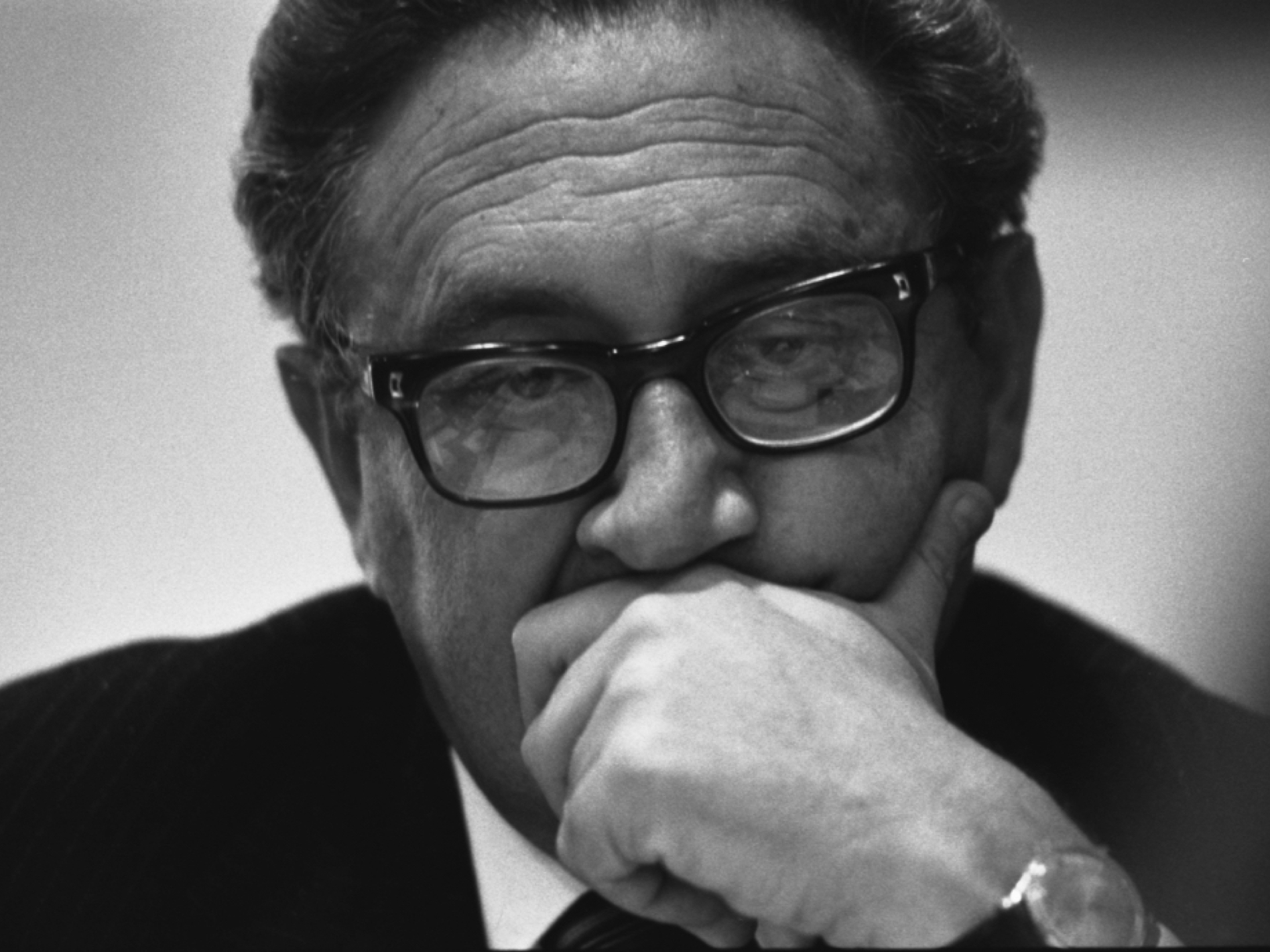
Henry Kissinger might be the most controversial American statesman of the twentieth century. More than forty years since he left office, he remains the focus of intense popular and scholarly debate concerning the uses of American power during the Cold War. This course offers an introduction to these controversies in the study of ‘America and the World’ in the 1970s. The course begins by examining how Kissinger’s ideas about foreign policy evolved during his early life in wartime Germany and his career as a foreign policy intellectual at Harvard University. The majority of the course is then concerned with the central controversies of Kissinger’s time in office as national security adviser and secretary of state between 1969 and 1976. Each week students will examine Kissinger’s role in shaping and implementing American foreign policy in a particular theatre of the global Cold War, focusing on the major crises and conflicts of the decade. Students read and reflect on extracts from Kissinger’s memoirs as a primary source, in conjunction with the latest historical research on that topic. They are asked to engage with ongoing historiographical debates about Kissinger’s record and legacy and to form their own judgements, based on their reading of primary and secondary sources. Finally, students are asked to reflect on Kissinger’s ideas about international relations in light of his praxis as a statesman by asking, is Henry Kissinger really a Realist?
